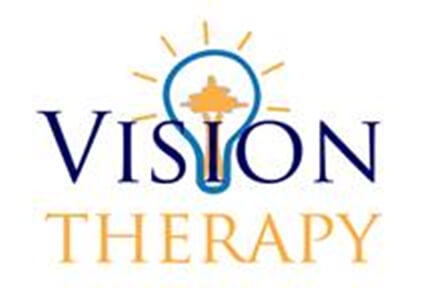
By: Helen Mach and Debbie Luk
Does your child read like this?
Reversal of letters, difficulty with decoding the alphabet, and difficulty with recognizing words and letters are common characteristics of a disorder called dyslexia. Dyslexia is the most common learning disability that affects 5 to 10 percent of the population and causes difficulties with reading, writing, and comprehending despite the child possessing an average or above average IQ. It may interfere with school work, social aspects, and create a barrier for children being able to reach their full potential.
Dyslexia is diagnosed based on a formal assessment and can be made by a psychologist, but a multidisciplinary intervention including the help from occupational therapy, speech therapy, and developmental optometry is the preferred approach.
Vision and Dyslexia
Dyslexic readers require more effort and concentration to read and understand the words on a page, which makes reading a challenging and exhausting chore. Many patients with dyslexia also have a vision problem despite having good eyesight. These vision problems include the in ability to read without losing place, the in ability to read without fatigue, blurry or double vision, and the in ability to accurately and quickly process visual information needs to be identified and treated. More specifically, patients with dyslexia often have difficulty understanding right-left concepts, spatial organization, visual discriminatino and visual information processing. As a result, they confuse b/d/p/q, misread 'saw' and 'was', and cannot sound out the words they see. Untreated vision problems can lead to further frustration and diminished confidence in reading, which in turn discourages reading practise and hinders the development of word identification and vocabulary skills.
According to pediatrician and parent advocate for the National Center for Learning Disabilities, Dr. Debra Walhof:
"It is important to remember that normal sight may not necessarily be synonymous with normal vision...That being said, if there is a vision problem, it could be preventing the best tutoring and learning methods from working. Now that certainly doesn't mean every dyslexic child needs vision therapy, however in my opinion, skills such as focusing, tracking and others are essential foundational tools for reading. In general, if your child has trouble with reading or learning to read, getting a vision evaluation to assess these skills from a qualified Developmental Optometrist would be a smart move.”
The role of a Developmental Optometrist is to remove the visual impediments to learning for patients with dyslexia through a program of vision therapy. Dyslexia is a lifetime condition that varies in severity. It is recommended that parents start reading out loud to their children as early as 6 months old to begin developing lifelong language skills. Early detection and referral for any learning disabilities improves prognosis for children detected in kindergarten to grade 1 because these children show significant reduction in problems compared to those identified later in life. Remediation for dyslexia involves an array of individuals including developmental optometrists, educators, psychologists, pediatrician specialists, speech language therapists, occupational therapists, and medical personals. As a team, the goal is to enhance the child’s ability to decode the alphabet, fluency training, vocabulary, and reading comprehension to achieve their full potential.
References
- MD talks vision therapy
A pediatrician's, Dr. Debra Walhof, point of view - A flawed statement on vision therapy, learning and dyslexia is reissued
- The Pediatrics/ Ophthalmology statement on vision therapy is outdated and flawed. Read this response to the AAP position statement on vision therapy.
- Vision and Dyslexia White Paper
COVD’s White Paper on Vision and Dyslexia - Vision Based Learning Problems: The Role Of The Optometrist On The Multidisciplinary Team
A White Paper provided by COVD

